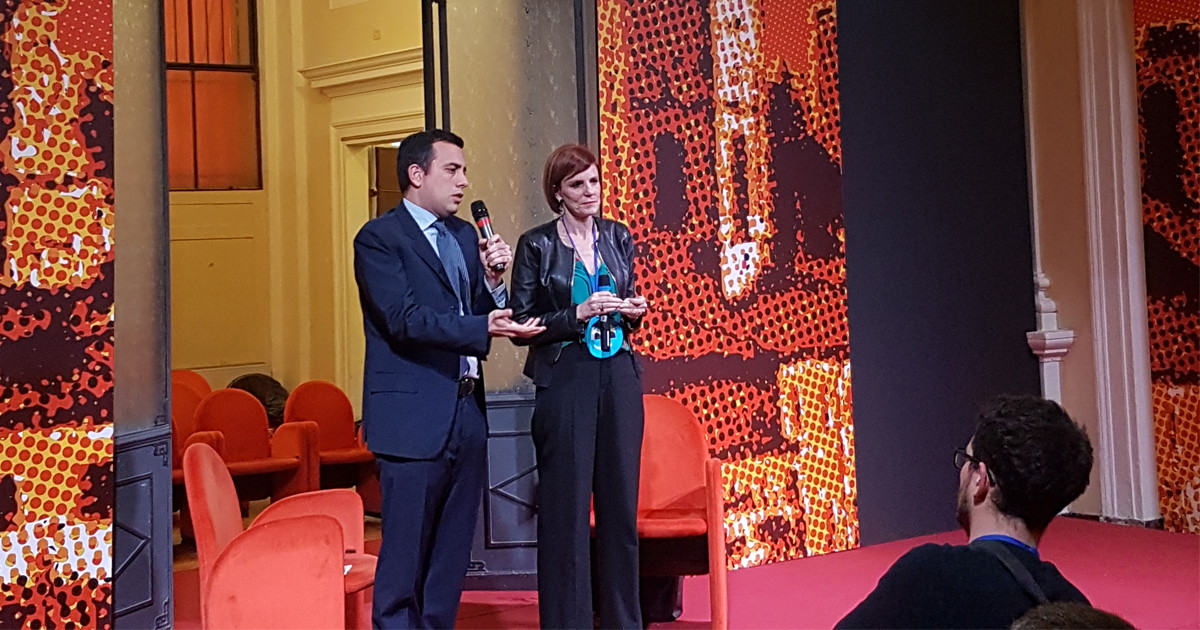Telos A&S took part in the 2019 Brand Festival in Jesi
Marco Sonsini of Telos A&S took part in the 2019 Brand Festival with a talk on “Lobby, identity and power”. The topic of the conversation with Flavia Trupia was the value of lobbying as a chance for economic operators and groups of citizens to play an active role and represent their interests in the decision-making processes through which the rules of a specific market are set.
Representing an interest is neither about exercising any power, nor about influencing those who have the power. Instead, it is about helping the Institutions who have the prerogative to take discretional choices (i.e. political choices), so they can better understand the implications of a certain policy or set of rules for corporations, craftsmen, professionals and consumers that operate in that market.
So why is it so difficult to lobby, and why does it require the expertise of a professional? That’s because just complaining about what is going wrong (high taxes, too much bureaucracy, poor infrastructures…) is not enough: lobbying means to identify those regulatory changes that can improve what is not working and to find the most effective way to bring these proposals to the Institutions and build a transparent and constructive dialogue with them. Make no mistake, lobbying is based on the assumption that the power to decide ultimately rests with the Institutions. This process has (and should have) nothing to do with private funding to parties, candidates and other political organisations – which, as lobbyists, we strongly oppose: lobbying is not about buying political choices.
But why is it that lobbying appears to be the exclusive business of large-sized multinational corporations? The easiest explanation is that politicians do not listen to other stakeholders, but this is not always the case. Unfortunately, on many occasions the small and medium enterprises do not make their voice heard even when the Institutions proactively ask for their cooperation: this is a cultural gap that SMEs must close. At the same time, large-sized operator do make mistakes as well: think of every time a company enters a regulated market without complying with the rules, and then, after presenting the Government with a fait accompli, it assumes it is the Government’s duty to update those rules to make its business easier. The failure of Uber in Italy (and in many other countries) shows that this approach simply does not work.
One of the many questions from the public focused on the key issue of what difference it makes to be an insider or an outsider in the dialogue with the Institutions: why is it that whenever the Government sets up a working group to discuss on policy changes and decides to include market operators, only the “usual suspects” are invited? For those stakeholders who are not in this category, starting an early dialogue with the decision-makers on policy issues that are relevant to them is a fundamental first step to become a credible, trustworthy interlocutor and be in the decision-makers’ radar whenever the latter look for stakeholders to involve in a policy dialogue: one again, lobbying can make the difference.
The talk took place at the Congress Hall in Jesi (Ancona).






SocialTelos